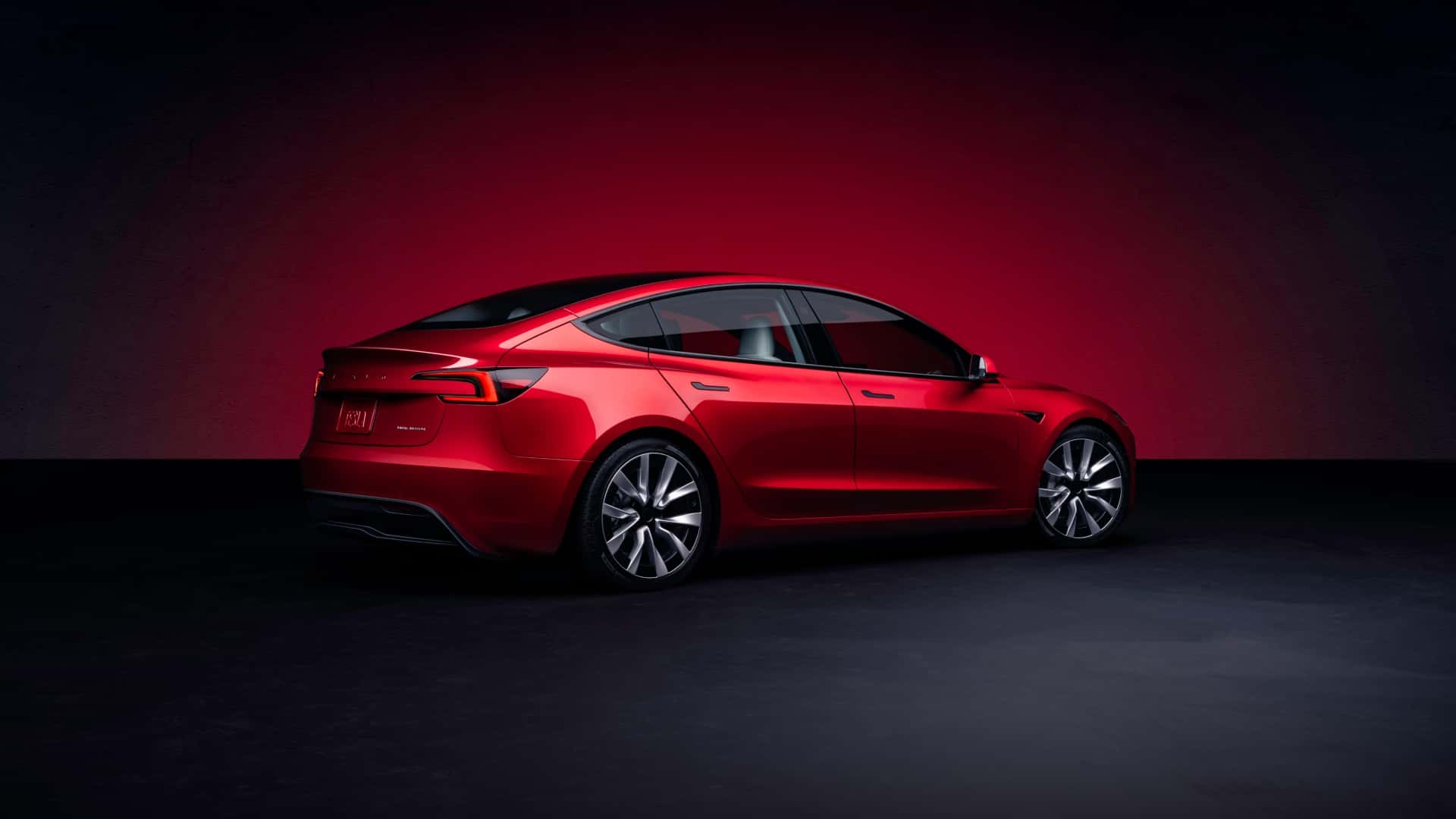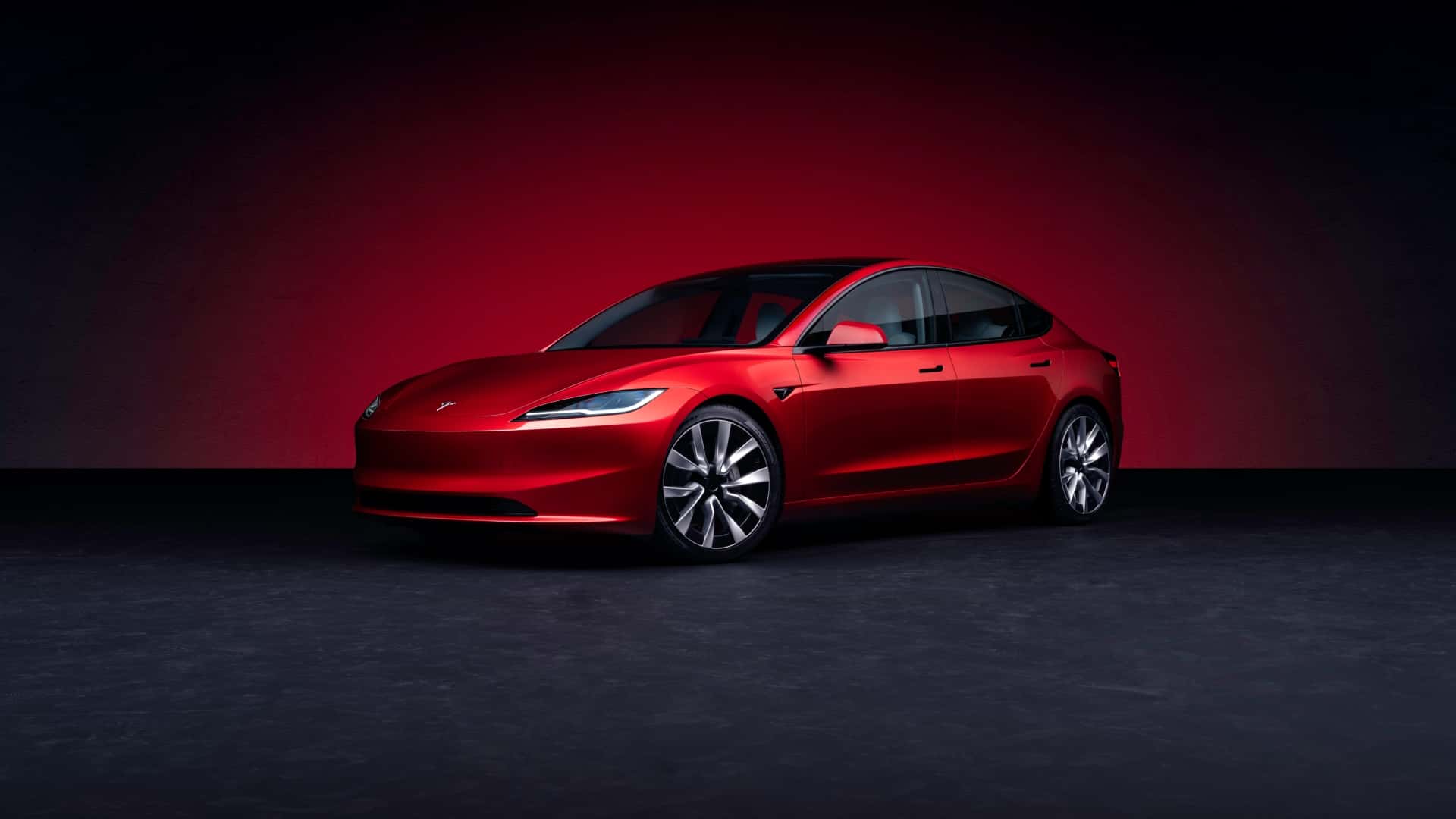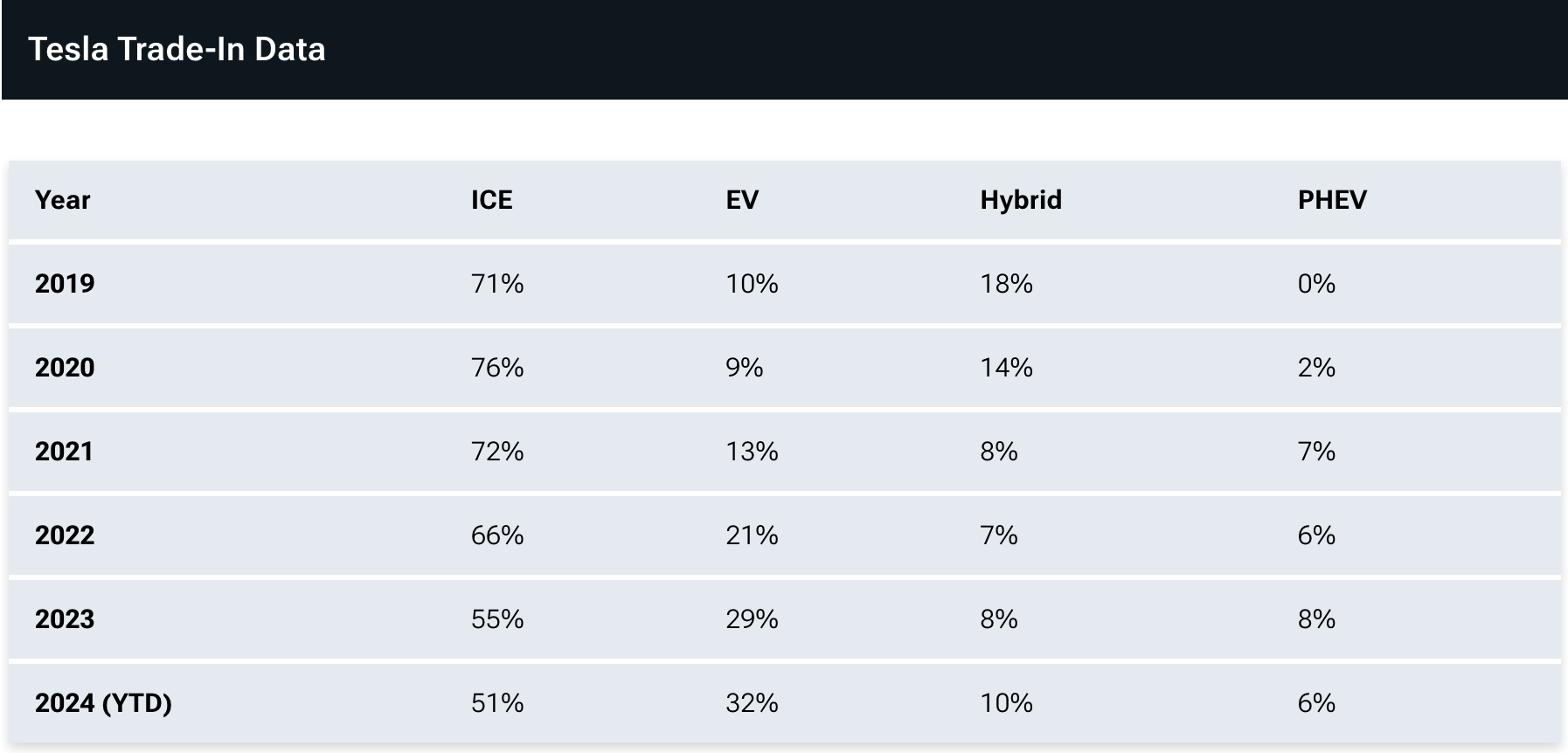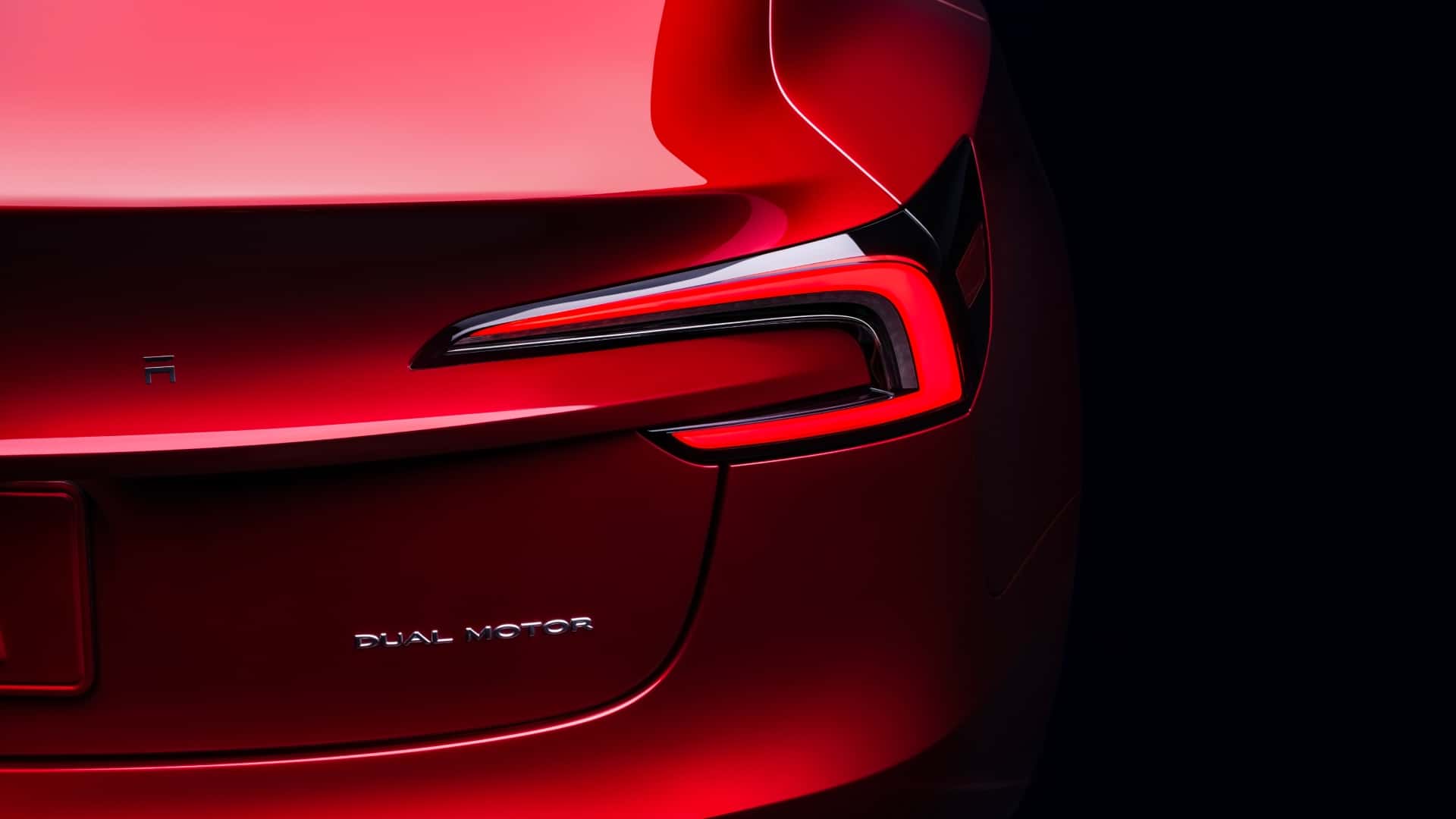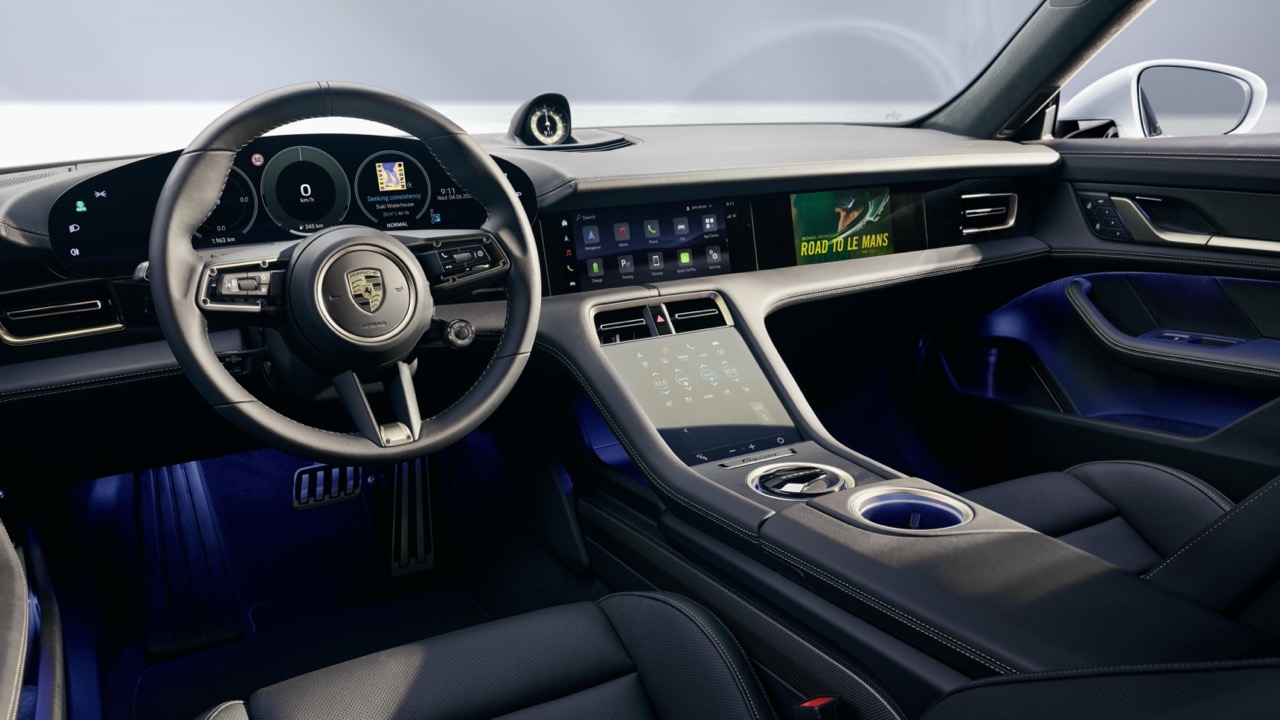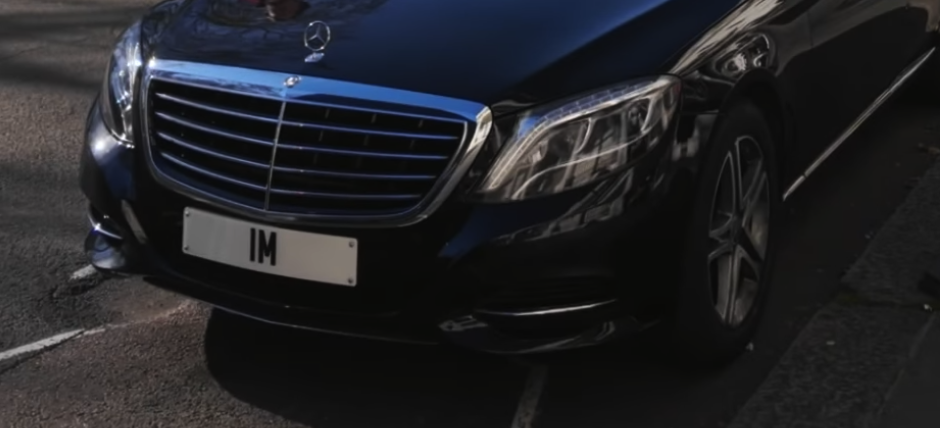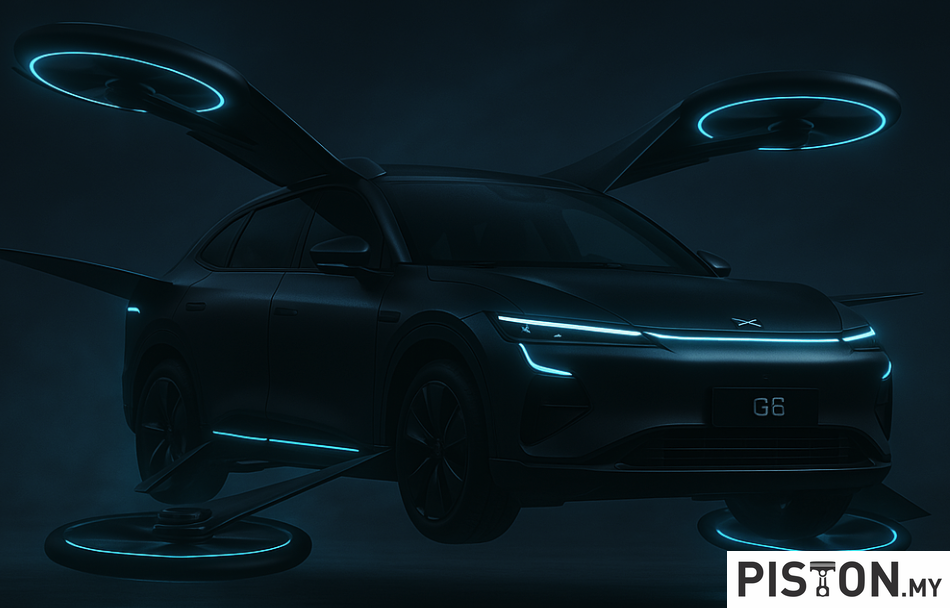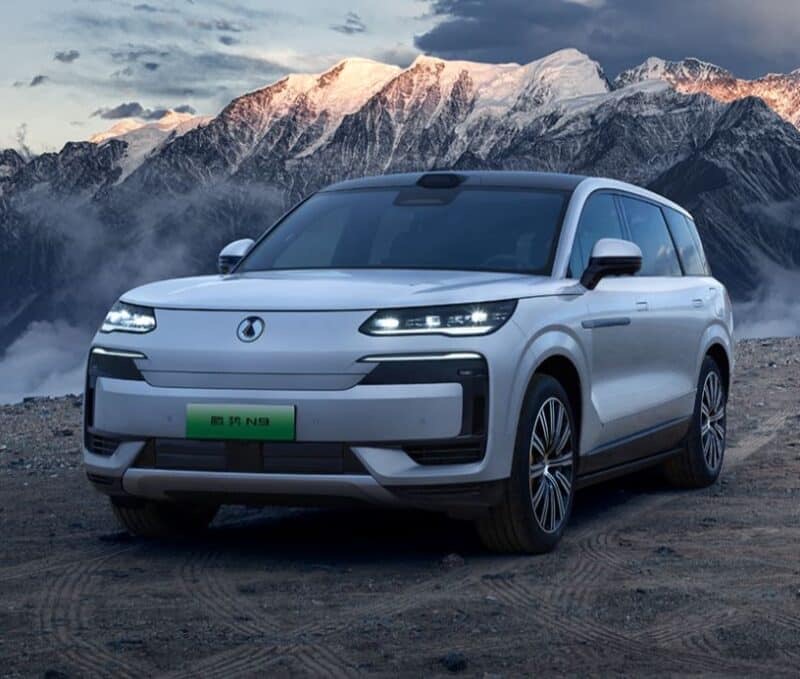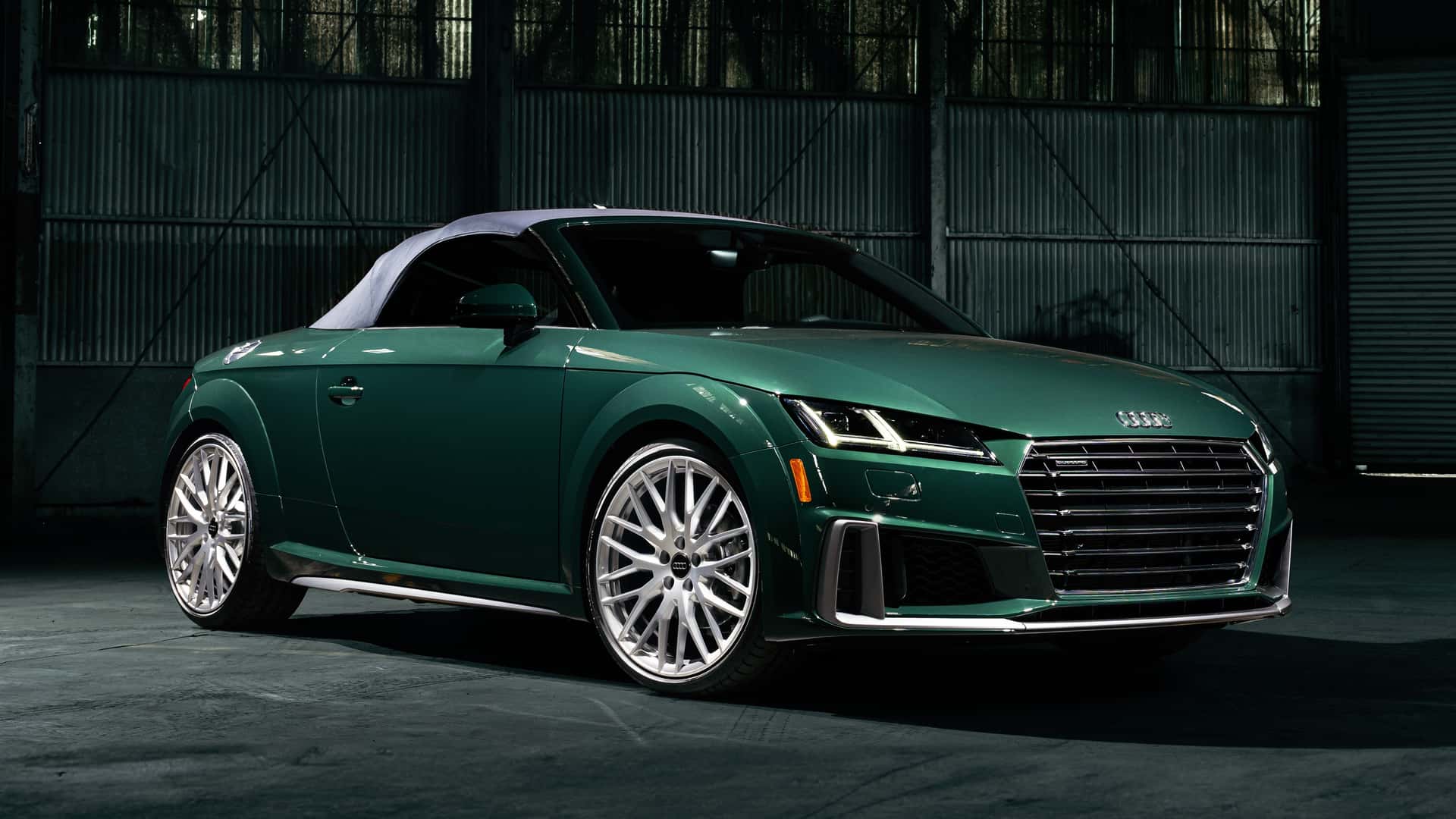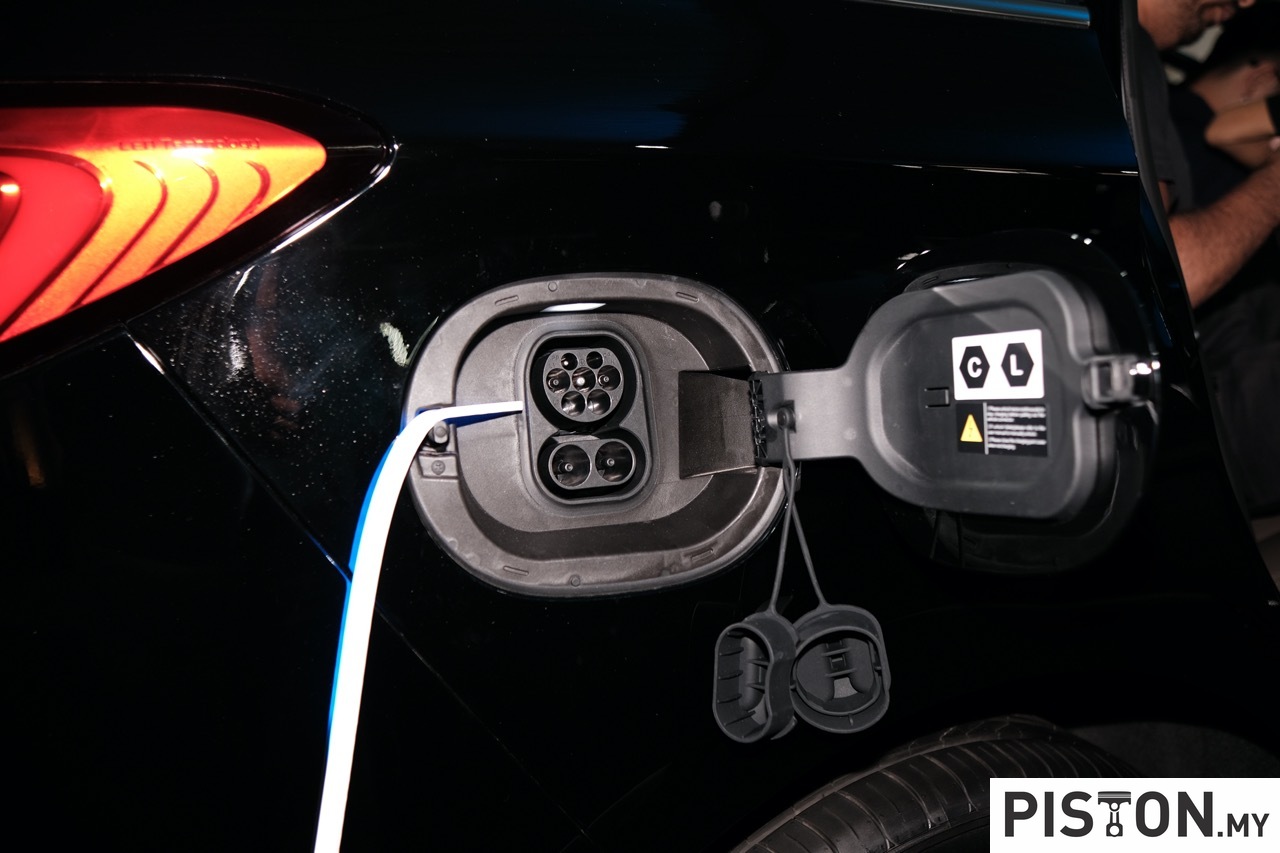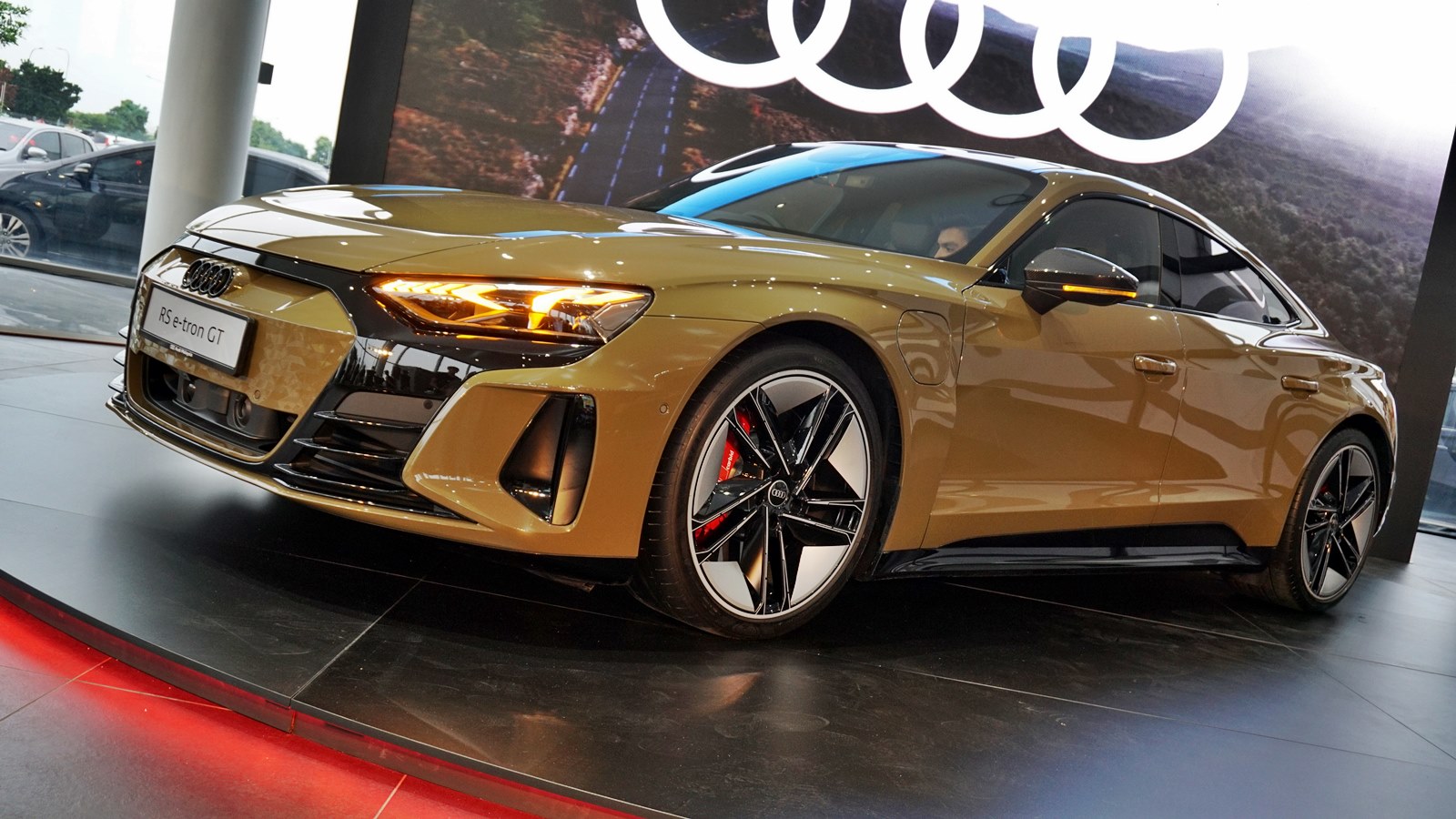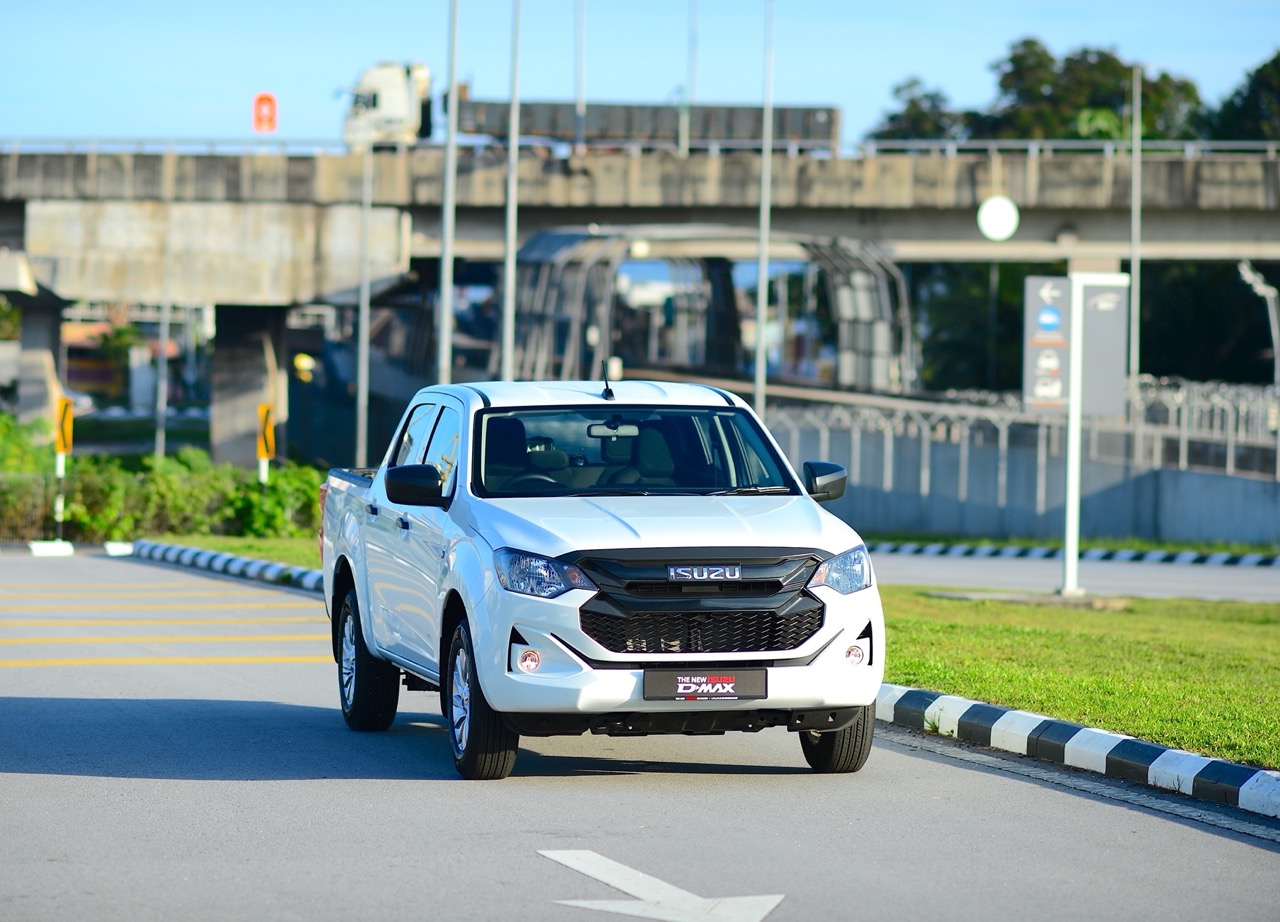A recent study has unveiled a significant trend among Tesla owners in 2024 which is that the majority have opted to abandon their electric vehicles (EVs) in favour of combustion engine models. According to the study, only 32% of Tesla owners chose to remain with electric vehicles, while the majority made the switch to traditional combustion engines or other hybrid options.
Specifically, 51% of Tesla owners have transitioned to pure internal combustion engine (ICE) vehicles, 10% have moved to hybrid models, and 6% have opted for plug-in hybrids. These findings align with a recent McKinsey & Co. survey, which indicated that nearly half (46%) of EV owners in the U.S. are likely to revert to combustion-powered vehicles for their next purchase.
Despite this trend appearing alarming, the situation represents a notable improvement from previous years. In 2020, a significant 76% of Tesla owners abandoned their EVs for internal combustion engine vehicles, with only 9% choosing other electric models. Since then, the numbers have shown a steady decline in the rate of EV abandonment.
Tesla owners have historically demonstrated a strong tendency to exit the EV market. However, the gradual improvement in retention rates suggests that owning an electric vehicle in North America may be becoming less challenging. Still, the current figures indicate that substantial advancements are needed to make EV ownership more appealing to a wider audience.
Another key observation is that an increasing number of former Tesla owners are now purchasing electric vehicles from legacy automakers. This shift is not unexpected, given Tesla’s evolution from an EV pioneer to competing against a growing array of mainstream manufacturers in the electric vehicle segment.
Hybrids and plug-in hybrids (PHEVs) have not gained substantial traction as alternatives to Teslas. While these vehicle types are becoming more popular among new car buyers, they appear less attractive to those who have previously owned electric vehicles. Notably, the proportion of Tesla owners switching to PHEVs is higher than the overall PHEV market rate, likely due to their previous experience with EV charging challenges.
The data highlights both the progress and ongoing challenges in the electric vehicle market, emphasising the need for continued innovation and improvement to retain and attract EV buyers.




